
Catalan Bay: Gibraltar's Coastal Gem
Catalan Bay, a quaint fishing village nestled on the eastern side of Gibraltar, offers a serene escape from the bustling city life. Known for its vibrant houses and picturesque coastline, Catalan Bay is a treasure trove of history and culture. The village is home to a close-knit community, many of whom are descendants of Genoese fishermen who settled here in the 18th century. The bay's sandy beach is perfect for sunbathing, swimming, and enjoying the stunning views of the Mediterranean Sea. The calm waters make it an ideal spot for families and those looking to relax by the shore. The beach is also a great place for water sports enthusiasts who can indulge in activities like paddleboarding and kayaking. Walking through the village, visitors will encounter charming narrow streets lined with colorful houses and local eateries serving delicious seafood. The iconic Church of Our Lady of Sorrows stands as a testament to the village's rich heritage and is a must-visit for history buffs. The annual Catalan Bay Festival, held in September, is a vibrant celebration filled with music, dance, and traditional food, showcasing the village's lively spirit.
Local tips in Catalan Bay
- Visit the Church of Our Lady of Sorrows to learn about the village's history and heritage.
- Go early in the morning to secure a good spot on the beach, especially during peak season.
- Try the local seafood at one of the beachfront restaurants for a true taste of Catalan Bay.
- Bring comfortable walking shoes to explore the charming narrow streets of the village.
- If visiting in September, don't miss the Catalan Bay Festival for a lively cultural experience.
Catalan Bay: Gibraltar's Coastal Gem
Catalan Bay, a quaint fishing village nestled on the eastern side of Gibraltar, offers a serene escape from the bustling city life. Known for its vibrant houses and picturesque coastline, Catalan Bay is a treasure trove of history and culture. The village is home to a close-knit community, many of whom are descendants of Genoese fishermen who settled here in the 18th century. The bay's sandy beach is perfect for sunbathing, swimming, and enjoying the stunning views of the Mediterranean Sea. The calm waters make it an ideal spot for families and those looking to relax by the shore. The beach is also a great place for water sports enthusiasts who can indulge in activities like paddleboarding and kayaking. Walking through the village, visitors will encounter charming narrow streets lined with colorful houses and local eateries serving delicious seafood. The iconic Church of Our Lady of Sorrows stands as a testament to the village's rich heritage and is a must-visit for history buffs. The annual Catalan Bay Festival, held in September, is a vibrant celebration filled with music, dance, and traditional food, showcasing the village's lively spirit.
When is the best time to go to Catalan Bay?
Iconic landmarks you can’t miss
Saint Michael's Cave
Discover the wonders of Saint Michael's Cave, a breathtaking natural attraction in Gibraltar featuring stunning stalactites, rich history, and unique acoustics.
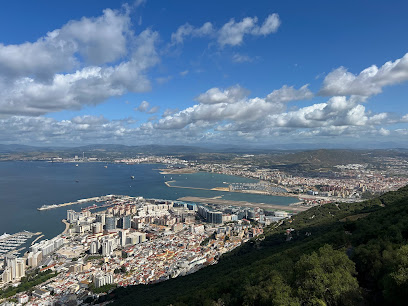
Gibraltar Cable Car
Ascend the Rock of Gibraltar with the iconic cable car for breathtaking views and stunning landscapes, a must-do for every traveler.
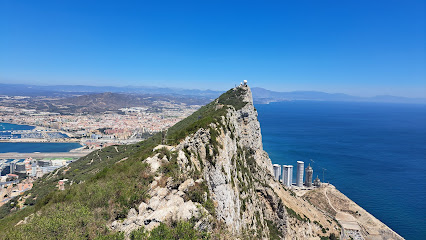
Ocean Village
Explore Ocean Village in Gibraltar: A captivating marina with exquisite dining, vibrant nightlife, and unforgettable water adventures.
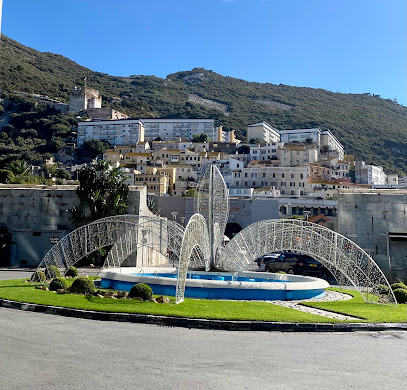
Rock of Gibraltar
Discover the iconic Rock of Gibraltar: a stunning peak offering breathtaking views, rich history, and unique wildlife encounters.
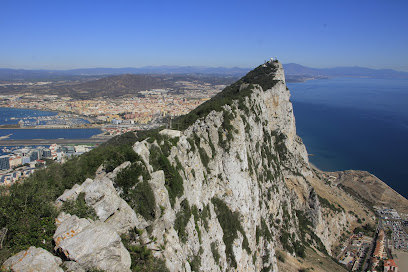
Gibraltar Botanic Gardens
Explore the lush landscapes and diverse plant life at the Gibraltar Botanic Gardens, a serene escape in the heart of Gibraltar's natural beauty.
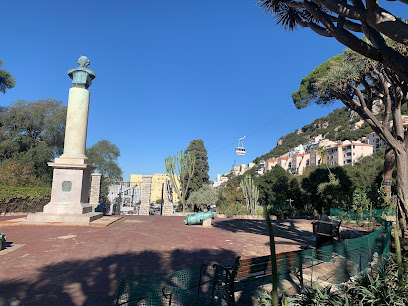
Moorish Castle
Discover the Moorish Castle in Gibraltar, a stunning historical landmark that offers breathtaking views and a glimpse into the region's rich cultural heritage.

Apes Den
Discover Apes Den in Gibraltar, where playful Barbary macaques thrive amidst stunning natural beauty, making it a must-visit tourist attraction.
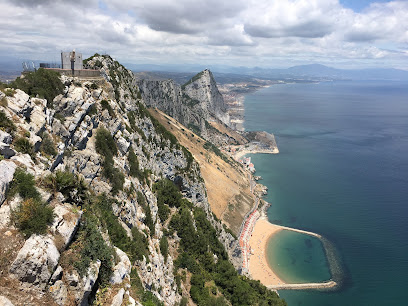
Windsor Suspension Bridge
Experience breathtaking views from the Windsor Suspension Bridge, a stunning architectural gem in Gibraltar that offers a unique perspective of the city and sea.
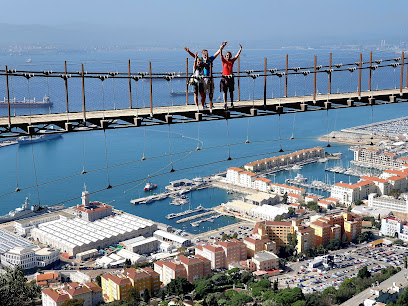
Commonwealth Park
Experience the lush landscapes and peaceful ambiance of Commonwealth Park, a must-visit green oasis in the heart of Gibraltar.
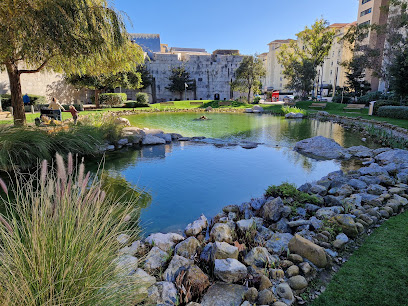
Little Bay Bar and Indian Restaurant
Experience authentic Indian flavors at Little Bay Bar and Indian Restaurant, located on Gibraltar's beautiful Ocean Village Promenade.
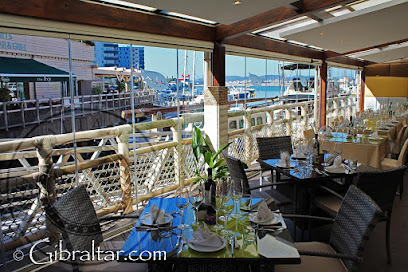
Great Siege Tunnels
Discover the rich military history of Gibraltar at the Great Siege Tunnels, an extraordinary historical landmark filled with fascinating stories and breathtaking views.
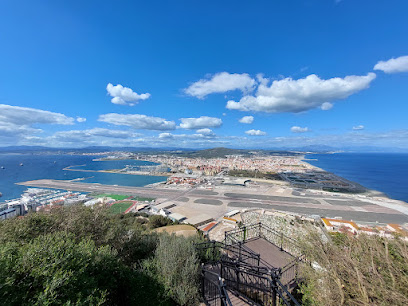
The Convent, Governors Residence
Explore the grandeur of The Convent in Gibraltar, a historical landmark that showcases stunning architecture and rich colonial heritage.
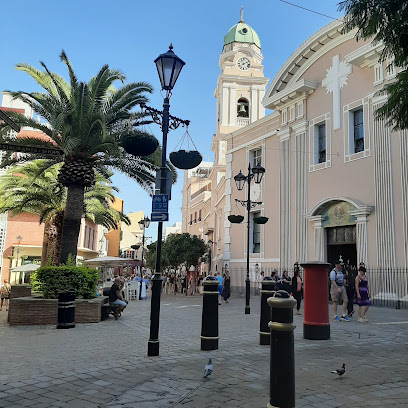
Dolphin Adventure
Embark on an unforgettable journey with Dolphin Adventure in Gibraltar, where you can witness playful dolphins in their natural habitat while enjoying the stunning Mediterranean scenery.
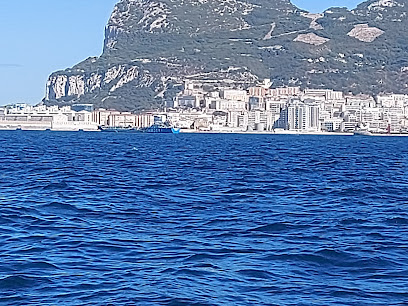
Sandy Bay
Experience the beauty of Sandy Bay, where colorful surroundings meet the serene Mediterranean shoreline in Gibraltar.
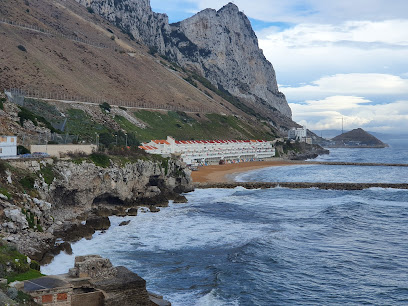
The Royal Calpe
Discover the flavors of Gibraltar at The Royal Calpe, where culinary excellence meets a welcoming atmosphere for an unforgettable dining experience.
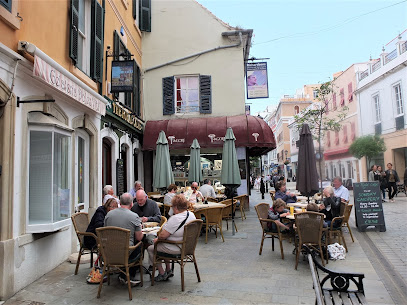
Unmissable attractions to see
Gibraltar Cable Car
Discover stunning panoramas and rich wildlife at the Gibraltar Cable Car, a top tourist attraction offering an unforgettable journey to the Rock's summit.
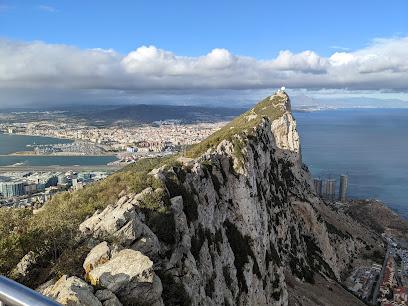
Parque Natural Los Alcornocales
Explore the stunning Parque Natural Los Alcornocales in Cádiz, a natural paradise filled with diverse ecosystems, breathtaking landscapes, and unforgettable hiking experiences.
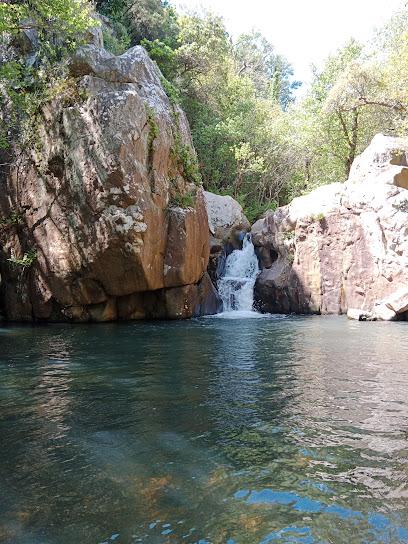
Selwo Aventura
Experience the thrill of wildlife at Selwo Aventura, a captivating animal park in Estepona blending adventure, education, and conservation for all ages.

Estepona Orchid House
Explore the stunning Estepona Orchid House, a botanical paradise showcasing over 1,500 species of orchids in a tranquil setting perfect for nature lovers.
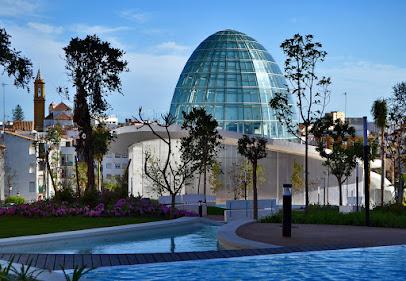
Strait viewpoint
Explore the stunning vistas of the Strait of Gibraltar at the Strait Viewpoint in Tarifa, a must-visit gem for nature lovers and photographers.
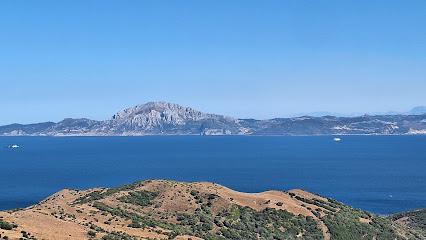
Playa del Cristo
Discover Playa del Cristo, Estepona’s hidden gem known for its serene beaches, family-friendly environment, and breathtaking Mediterranean views.
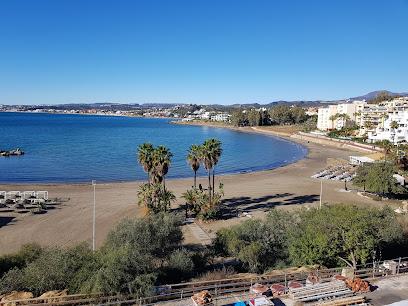
Venta La Parada
Experience the vibrant flavors of Andalusia at Venta La Parada, a top bar and grill in Alcalá de los Gazules, perfect for food lovers.

Castillo de Castellar de la Frontera
Explore the historic Castillo de Castellar de la Frontera, a stunning medieval fortress offering breathtaking views and a glimpse into Andalusian history.

Puerto Deportivo de Estepona
Experience the vibrant atmosphere of Puerto Deportivo de Estepona, where stunning views meet culinary delights and thrilling water activities.
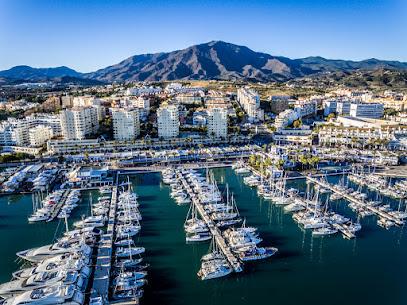
Skywalk Gibraltar
Experience unparalleled views and thrilling heights at Skywalk Gibraltar, a stunning tourist attraction that showcases breathtaking Mediterranean panoramas.
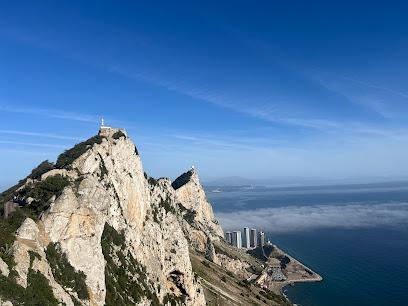
Gibraltar Botanic Gardens
Discover the lush beauty of Gibraltar Botanic Gardens, a serene escape filled with diverse plant life and stunning views of the iconic Rock of Gibraltar.
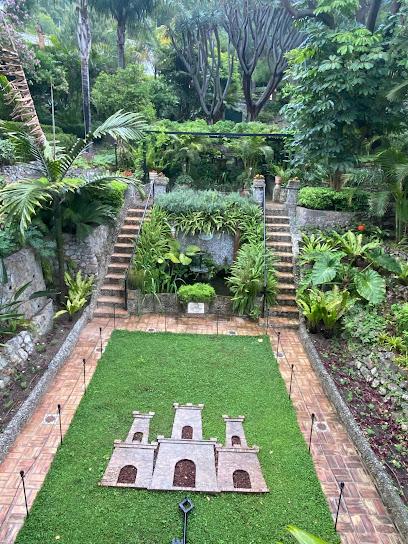
Moorish Castle
Explore the historical Moorish Castle in Gibraltar, a fascinating landmark offering breathtaking views and rich cultural insights into the region's past.
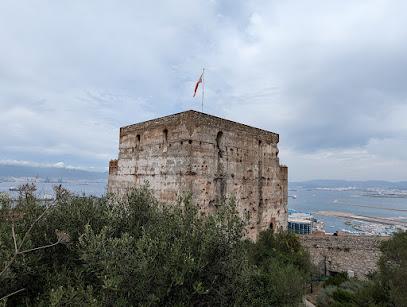
Tourist Complex Smir Park
Experience the perfect blend of relaxation and adventure at Tourist Complex Smir Park, M'diq - a must-visit destination for tourists seeking fun and tranquility in Morocco.
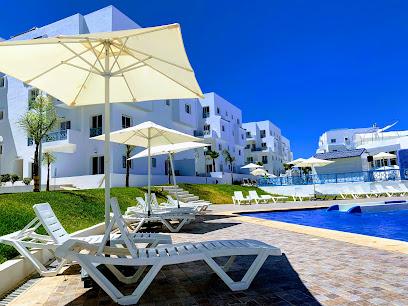
Plaza de las Flores de Estepona
Experience the vibrant culture and stunning beauty of Plaza de las Flores de Estepona, a must-visit destination for every traveler in Andalusia.
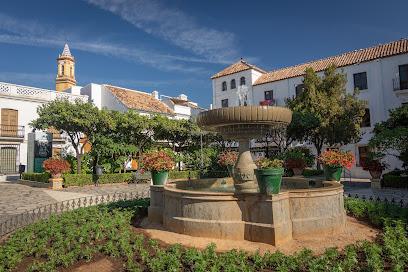
Camping Valdevaqueros
Experience the beauty of Tarifa at Camping Valdevaqueros, a serene campground by the beach, perfect for adventure and relaxation.

Essential places to dine
The Clipper
Discover The Clipper in Gibraltar: A top-notch restaurant offering exquisite local and international cuisine in a charming setting.
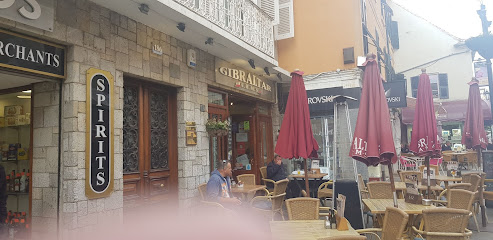
Jury's Café and Wine Bar
Discover exquisite flavors at Jury's Café and Wine Bar in Gibraltar - where local charm meets international cuisine.
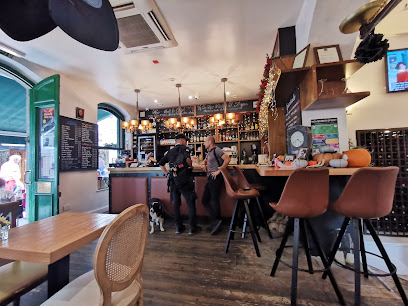
Biancas Restaurant
Discover Biancas Restaurant in Gibraltar – where Mediterranean flavors meet stunning marina views for an unforgettable dining experience.
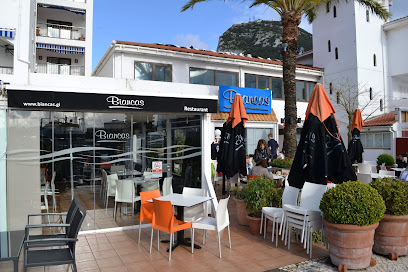
Curry and Sushi
Discover Curry and Sushi in Gibraltar – where Asian flavors meet Indian spices for an unforgettable dining experience.
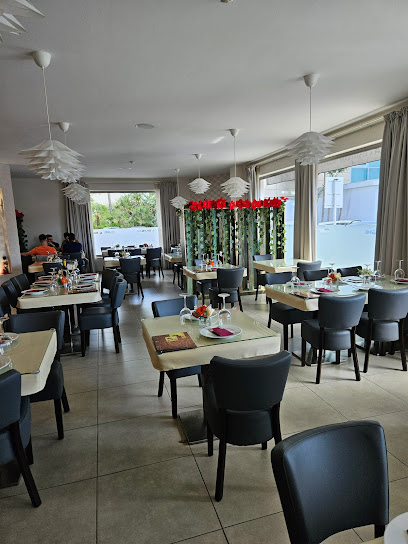
Bruno's Bar Restaurant
Discover delightful Mediterranean flavors at Bruno's Bar Restaurant in Gibraltar – where every meal is a taste of local charm.
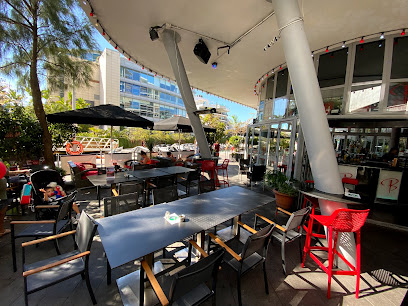
The Horseshoe
Discover the taste of Gibraltar at The Horseshoe – where local ingredients meet culinary creativity in a cozy dining atmosphere.
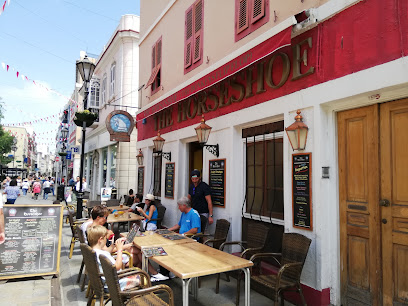
Little Bay Bar and Indian Restaurant
Experience authentic Indian cuisine with stunning marina views at Little Bay Bar and Indian Restaurant in Gibraltar's Ocean Village.
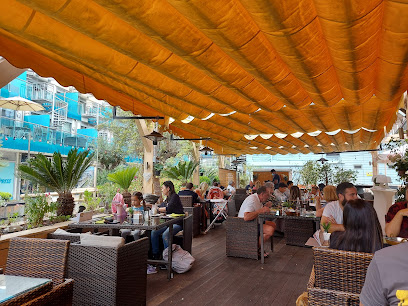
Charlie's Steak House And Grill
Discover the best steak and Indian cuisine at Charlie's Steak House And Grill in Gibraltar – where flavors meet hospitality.
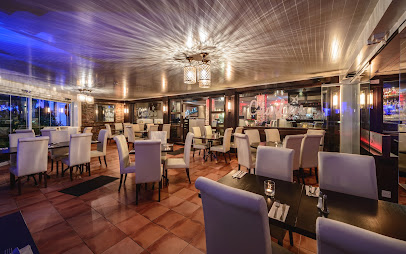
Paparazzi Steakhouse
Experience exceptional steak dining at Paparazzi Steakhouse in Gibraltar – where quality meets flavor in an inviting atmosphere.
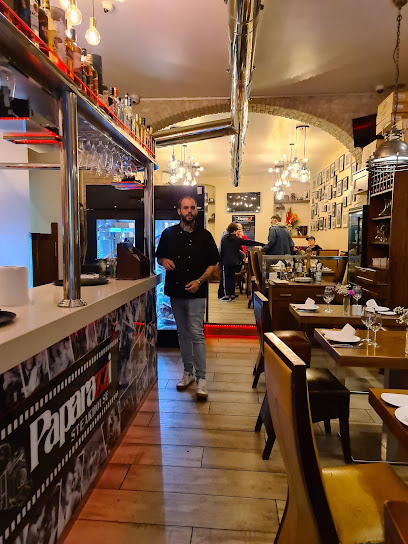
Aquaterra
Discover Aquaterra in Gibraltar: A unique restaurant blending local flavors with international cuisine inside a charming ham and cheese store.
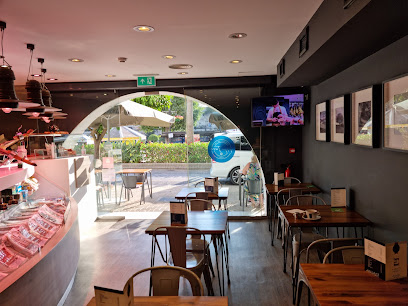
The Little Rock Restaurant & Bar
Discover delightful Mediterranean cuisine at The Little Rock Restaurant & Bar in Gibraltar - a must-visit for food lovers!
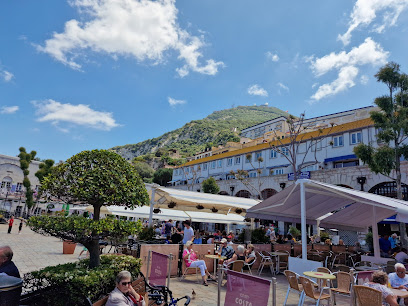
Curry & Nigiri
Experience the exquisite fusion of Indian and Asian cuisines at Curry & Nigiri in Gibraltar – a culinary delight that excites your palate.
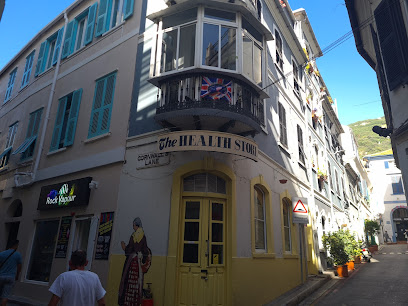
The Royal Calpe
Discover the culinary delights at The Royal Calpe in Gibraltar - where Mediterranean flavors meet exceptional service.
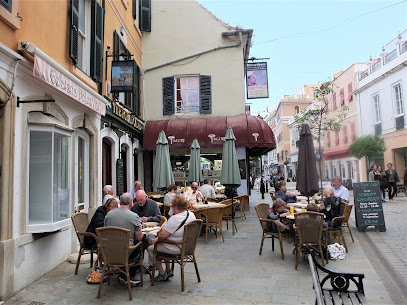
Rendezvous Chargrill
Experience exquisite flavors at Rendezvous Chargrill in Gibraltar, where stunning marina views meet exceptional cuisine.
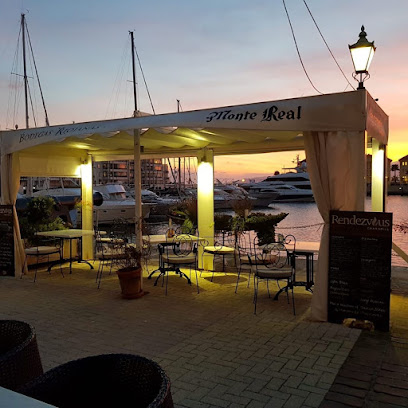
The Lounge Bar & Gastro Bar
Discover culinary excellence at The Lounge Bar & Gastro Bar in Gibraltar's beautiful marina setting—perfect for food lovers and social gatherings alike.
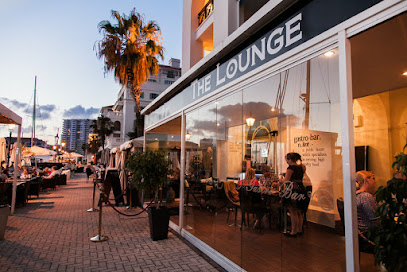
Markets, malls and hidden boutiques
Marks & Spencer
Explore Marks & Spencer in Gibraltar for quality clothing, gourmet groceries, and stylish accessories in a vibrant shopping atmosphere.
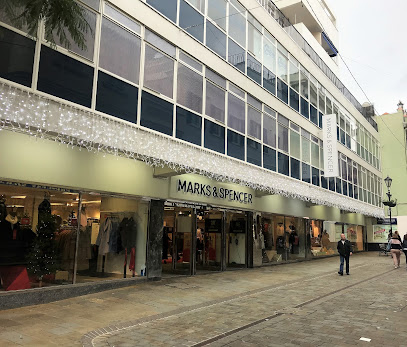
Pandora
Explore Pandora in Gibraltar, where elegance meets craftsmanship in stunning jewelry pieces that celebrate local culture and beauty.
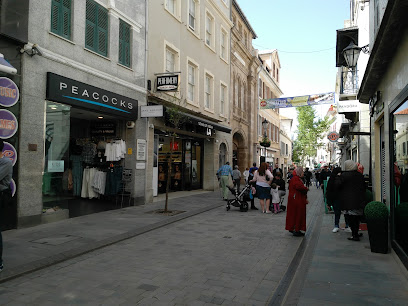
SWAROVSKI
Explore the elegance of Swarovski in Gibraltar, home to exquisite crystal jewelry and stunning decor that sparkles with luxury.
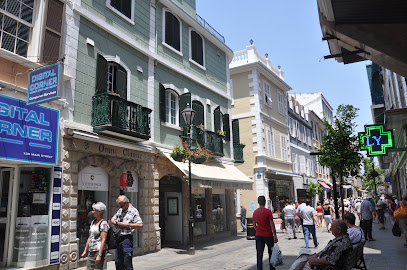
Antonio Diamond Boutique
Discover elegance at Antonio Diamond Boutique, Gibraltar's premier jewelry store offering exquisite diamonds, custom designs, and exceptional craftsmanship.
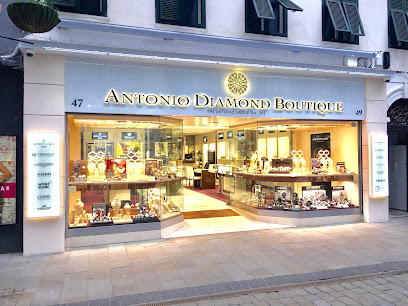
Music Corner
Explore Music Corner in Gibraltar for an exciting selection of toys, musical instruments, and video games in a vibrant shopping environment.
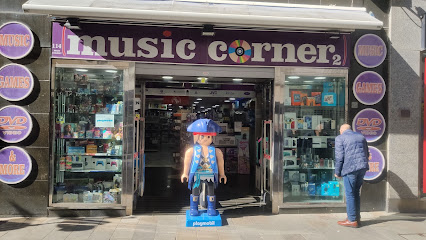
The Gibraltar Gift Shop
Explore The Gibraltar Gift Shop for unique toys and souvenirs that embody the essence of Gibraltar's culture and charm.
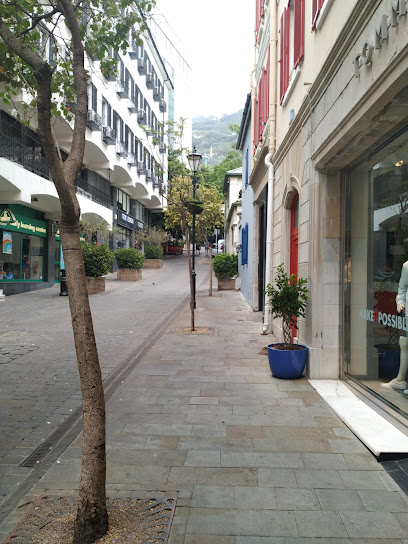
COSMOS
Discover a vibrant selection of unique gifts, electronics, and home goods at COSMOS, a must-visit shop in Gibraltar for every tourist.
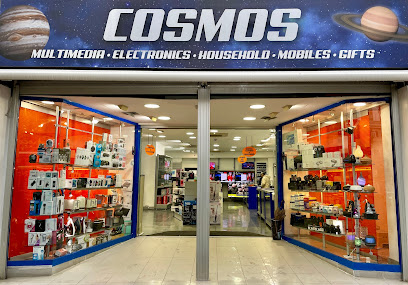
Isolabella
Explore Gibraltar's Isolabella, a chic clothing store offering a stunning array of fashion and accessories for every style.
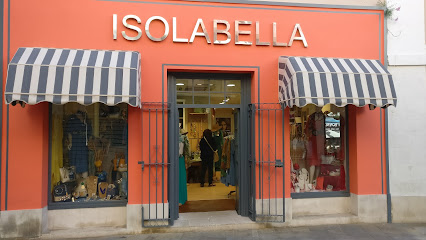
Omni Optic
Shop at Omni Optic in Gibraltar for unique gifts and souvenirs that embody the spirit of the region.
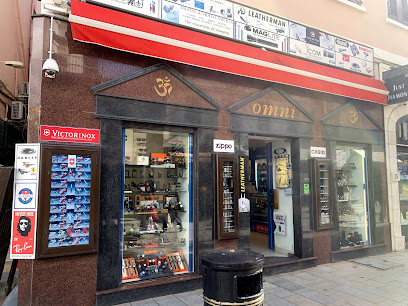
Walk Shoe Boutique
Experience the best of footwear shopping at Walk Shoe Boutique in Gibraltar, where style meets comfort and quality.
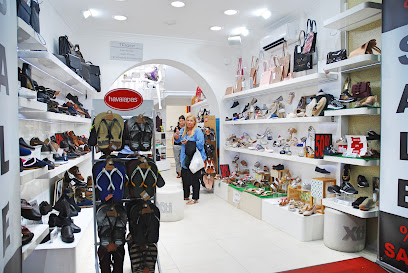
Gibraltar Arts and Crafts
Explore the enchanting world of local craftsmanship at Gibraltar Arts and Crafts, where unique handmade treasures await.
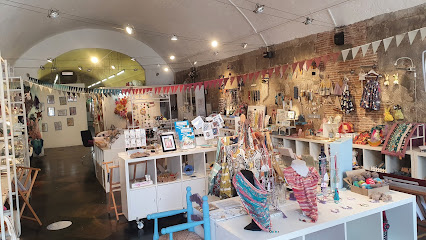
Jade Ltd
Discover stylish clothing and accessories at Jade Ltd, a top clothing store in Gibraltar known for quality and friendly service.
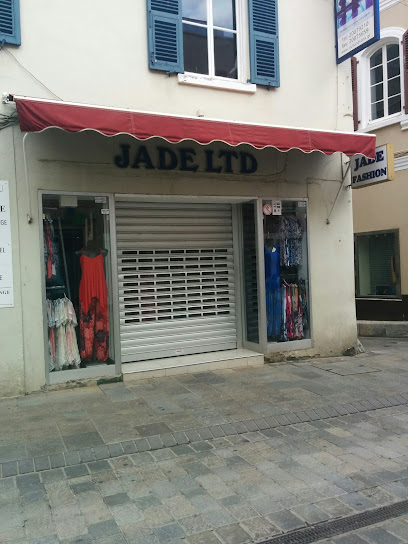
Kelly's Dandumal & Sons
Explore Kelly's Dandumal & Sons in Gibraltar for unique souvenirs that capture the spirit of your travels and the local culture.
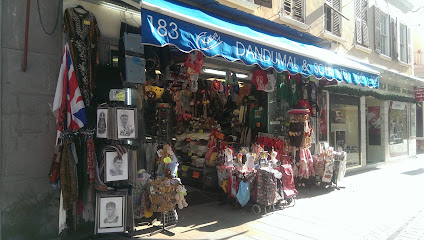
ADAM GIFTS & LUGGAGE
Shop at ADAM GIFTS & LUGGAGE for unique souvenirs and travel essentials, capturing the spirit of Gibraltar in every item.
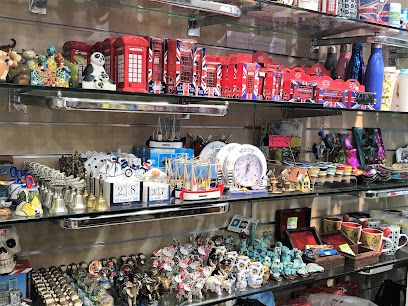
Fabric Boutique Gibraltar
Explore unique fashion at Fabric Boutique Gibraltar – where style meets personalized shopping experience for women.
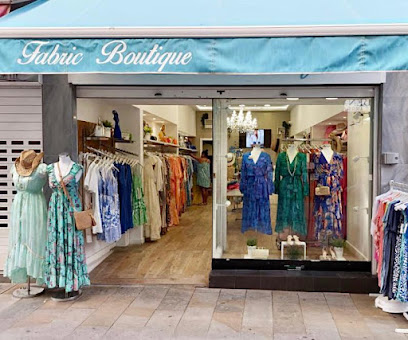
Essential bars & hidden hideouts
The Lord Nelson
Experience the heart of Gibraltar at The Lord Nelson pub - a cozy spot for drinks, food, and local flavor in the lively Casemates Square.
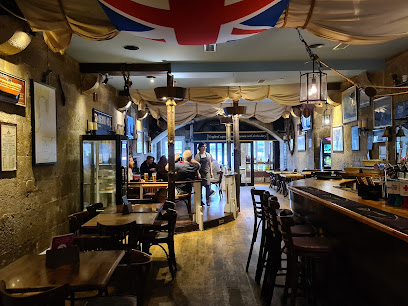
Jury's Café and Wine Bar
Experience the culinary delights of Jury's Café and Wine Bar, where fresh flavors meet a cozy ambiance in the heart of Gibraltar.
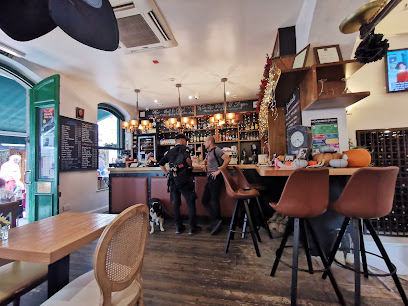
Biancas Restaurant
Experience the vibrant atmosphere and exquisite flavors at Biancas Restaurant, a dining gem in Gibraltar's Marina Bay Square.
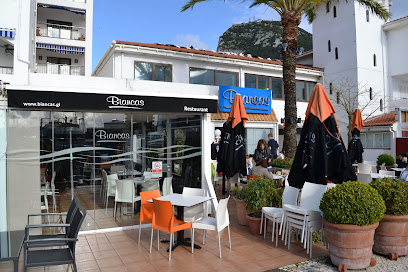
O'Reilly's Irish Pub & Steakhouse
Discover the lively atmosphere and delicious flavors at O'Reilly's Irish Pub & Steakhouse in Gibraltar, where Irish hospitality meets local charm.
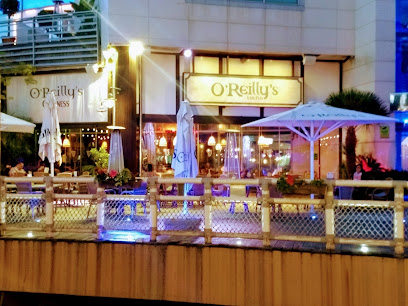
Bruno's Bar Restaurant
Discover the culinary delights of Bruno's Bar Restaurant in Gibraltar, where fresh flavors meet stunning views for an unforgettable dining experience.
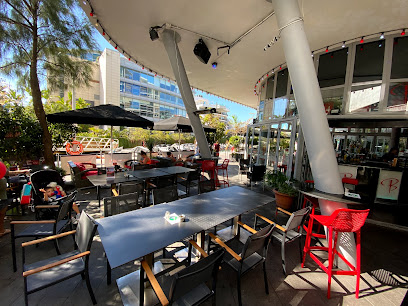
The Royal Calpe
Discover the flavors of Gibraltar at The Royal Calpe, where local ingredients meet culinary creativity in a cozy atmosphere.
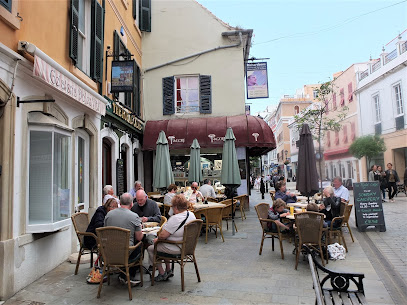
The Lounge Bar & Gastro Bar
Experience the vibrant blend of bar and dining at The Lounge Bar & Gastro Bar, the perfect spot for relaxation and delicious cuisine in Gibraltar.
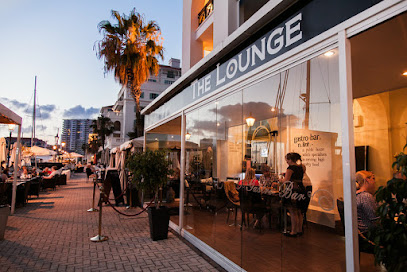
Star Bar
Experience the vibrant atmosphere of Star Bar in Gibraltar, a perfect blend of local charm and modern comfort for every traveler.
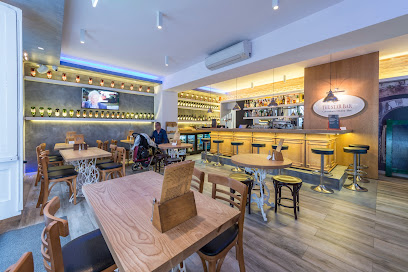
All's Well
Discover the vibrant flavors of Spain at All's Well, a tapas bar in Gibraltar's Grand Casemates Square, offering a unique dining experience.
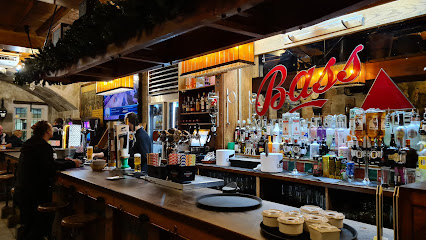
Venture Inn Pub/Bar Gibraltar
Discover the heart of Irish hospitality at Venture Inn Pub in Gibraltar, offering a cozy atmosphere, delicious food, and a wide range of drinks.
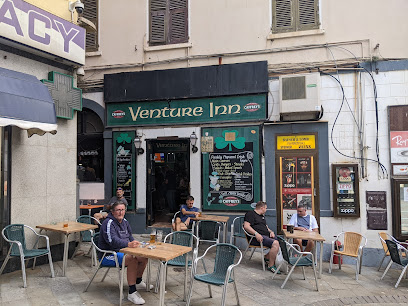
The Skull
Discover The Skull, a quirky bar in Gibraltar, offering a vibrant atmosphere, unique decor, and an extensive drink selection for an unforgettable experience.
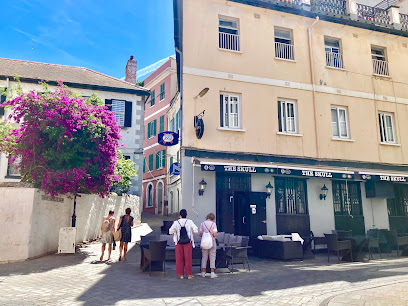
The Hendrix Pub
Discover the lively atmosphere of The Hendrix Pub in Gibraltar’s Ocean Village, offering delicious drinks and vibrant entertainment.
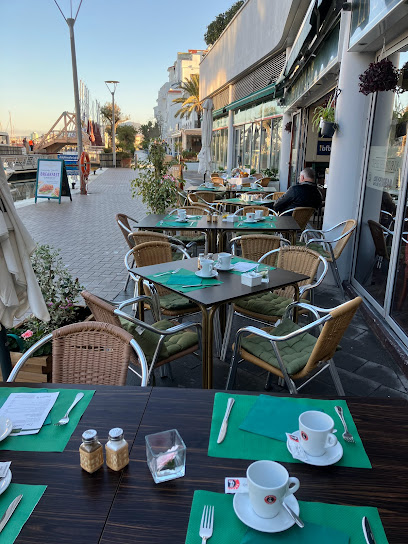
Seawave Bar
Experience the best of Gibraltar at Seawave Bar, where stunning views, delicious cocktails, and vibrant ambiance await every visitor.
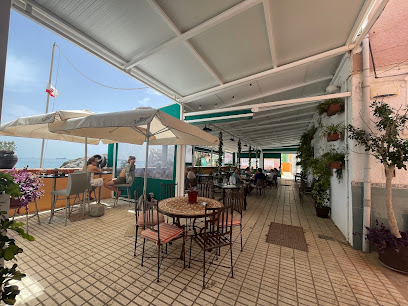
The Ship
Experience the vibrant atmosphere of The Ship in Gibraltar's Marina Bay – where refreshing drinks and stunning views meet.
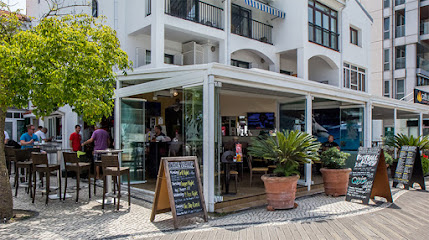
Local Phrases
-
- HelloHola
[o-la] - GoodbyeAdéu
[a-deu] - YesSí
[si] - NoNo
[no] - Please/You're welcomeSi us plau/De res
[si us plau/de res] - Thank youGràcies
[gra-si-es] - Excuse me/SorryPerdó/Ho sento
[per-do/ho sen-to] - How are you?Com estàs?
[com es-tas] - Fine. And you?Bé. I tu?
[be/i tu] - Do you speak English?Parles anglès?
[par-les an-gles] - I don't understandNo entenc
[no en-tenc]
- HelloHola
-
- I'd like to see the menu, pleaseM'agradaria veure la carta, si us plau
[m-a-gra-dia veu-re la car-ta, si us plau] - I don't eat meatNo menjo carn
[no men-jo carn] - Cheers!Salut!
[sa-lut] - I would like to pay, pleaseM'agradaria pagar, si us plau
[m-a-gra-dia pa-gar, si us plau]
- I'd like to see the menu, pleaseM'agradaria veure la carta, si us plau
-
- Help!Ajuda!
[a-ʒu-da] - Go away!Ves-te'n!
[ves-ten] - Call the Police!Truca a la policia!
[tru-ka a la po-li-si-a] - Call a doctor!Truca un metge!
[tru-ka un met-ʒe] - I'm lostEstic perdut
[es-tik per-dut] - I'm illEstic malalt
[es-tik ma-lalt]
- Help!Ajuda!
-
- I'd like to buy...M'agradaria comprar...
[m-a-gra-dia com-prar] - I'm just lookingNomés estic mirant
[no-mes es-tic mi-rant] - How much is it?Quant val?
[quan val] - That's too expensiveAixò és massa car
[ai-ʃo es mas-sa car] - Can you lower the price?Pots baixar el preu?
[pots bai-ʃar el preu]
- I'd like to buy...M'agradaria comprar...
-
- What time is it?Quina hora és?
[ki-na o-ra es] - It's one o'clockÉs la una
[es la u-na] - Half past (10)Dos quarts de onze
[dos karts de on-ze] - MorningMatí
[ma-ti] - AfternoonTarda
[tar-da] - EveningVespre
[ves-pre] - YesterdayAhir
[a-ir] - TodayAvui
[a-vui] - TomorrowDemà
[de-ma] - 1Un
[un] - 2Dos
[dos] - 3Tres
[tres] - 4Quatre
[kwa-tre] - 5Cinc
[sink] - 6Sis
[sis] - 7Set
[set] - 8Vuit
[bwit] - 9Nou
[nou] - 10Deu
[deu]
- What time is it?Quina hora és?
-
- Where's a/the...?On és un/el...
[on es un/el] - What's the address?Quina és l'adreça?
[ki-na es lad-re-sa] - Can you show me (on the map)?Em pots ensenyar (al mapa)?
[em pots en-se-nyar (al ma-pa)] - When's the next (bus)?Quan és el proper (autobús)?
[quan es el pro-per (au-to-bus)] - A ticket (to ....)Un bitllet (a ....)
[un bi-ʎet (a)]
- Where's a/the...?On és un/el...
History of Catalan Bay
-
Catalan Bay, known locally as 'La Caleta', is a small fishing village situated on the eastern side of Gibraltar. The origins of Catalan Bay date back to the 17th century when Catalan fishermen and Genoese settlers established a community there. The name 'Catalan Bay' reflects the presence of these Catalan fishermen, who were granted fishing rights by the British after the capture of Gibraltar in 1704.
-
In August 1704, during the War of the Spanish Succession, an Anglo-Dutch fleet captured Gibraltar from Spain. Following this event, Catalan and Genoese fishermen were encouraged to settle in the area, contributing to the development of the fishing industry in Catalan Bay. This period marked the beginning of British control over Gibraltar, which has continued to this day.
-
The Great Siege of Gibraltar was a significant military conflict where Spanish and French forces attempted to recapture Gibraltar from the British. During the siege, Catalan Bay served as a critical supply point for the British garrison. The bay's strategic location allowed for the transport of supplies and communication with the outside world, playing a vital role in the British defense.
-
By the late 18th and early 19th centuries, the majority of the inhabitants of Catalan Bay were of Genoese origin. The Genoese influence is still evident today in the architecture, cuisine, and cultural practices of the bay. The community preserved their language and traditions, which have been passed down through generations.
-
In the 19th century, Catalan Bay experienced economic growth due to the expansion of the fishing industry and the influx of visitors. The bay became a popular spot for bathing and leisure activities, attracting both locals and tourists. The construction of new infrastructure, such as roads and facilities, further enhanced the area's appeal.
-
During World War II, Gibraltar's strategic importance as a naval base led to the evacuation of its civilian population, including the residents of Catalan Bay. Many were relocated to the United Kingdom, Jamaica, and Madeira. The bay's population returned after the war, but the evacuation had a lasting impact on the community.
-
Today, Catalan Bay is a picturesque and tranquil village that retains its historical charm. The colorful houses, sandy beach, and traditional fishing boats create a unique atmosphere. The bay is a popular destination for both locals and tourists, offering a glimpse into Gibraltar's rich cultural heritage and history.
Catalan Bay Essentials
-
Catalan Bay is located on the eastern side of Gibraltar. The closest airport is Gibraltar International Airport, which has direct flights from several major European cities. From the airport, you can take a taxi or a local bus to Catalan Bay. Alternatively, you can cross the border from Spain via La Línea de la Concepción and take a short taxi ride or bus from the frontier.
-
Gibraltar has an efficient public transportation system. Local buses run regularly and can take you to various spots around the peninsula, including Catalan Bay. Taxis are also readily available and are a convenient way to get around. If you prefer to explore at your own pace, consider renting a bike or car. Walking is also a great option, as the area is compact and pedestrian-friendly.
-
The official currency in Gibraltar is the Gibraltar Pound (GIP), which is equivalent in value to the British Pound (GBP). Both GIP and GBP are accepted in most places. Credit and debit cards are widely accepted, but it's always a good idea to carry some cash for smaller establishments and markets. ATMs are easily accessible in Gibraltar.
-
Catalan Bay and Gibraltar, in general, are safe destinations for tourists. Petty crime such as pickpocketing can occur, especially in crowded tourist areas, so be vigilant with your belongings. There are no specific high-crime areas targeting tourists, but always exercise standard travel precautions.
-
For emergencies, you can dial 112, which is the emergency number for police, medical, and fire services in Gibraltar. The local hospital, St Bernard’s Hospital, is well-equipped to handle emergencies. Pharmacies are available for minor health issues. It is advisable to have travel insurance that covers medical emergencies.
-
Fashion: Do dress comfortably and appropriately for the beach if you plan to visit Catalan Bay. Avoid overly revealing clothing in public places. Religion: Do be respectful when visiting religious sites; modest clothing is appreciated. Public Transport: Do have exact change or a contactless payment method handy for buses. Don't eat or drink on public transport. Greetings: Do greet people with a friendly 'Hello' or 'Good day'. A handshake is common. Eating & Drinking: Do try local seafood delicacies and enjoy the beachside eateries. Don't leave a mess behind; cleanliness is appreciated.
-
To experience Catalan Bay like a local, visit during the early morning when the beach is less crowded and enjoy the serene environment. Try dining at the local seafood restaurants where you can taste freshly caught fish. Engage with the local fishers, who are often willing to share stories about the bay's history and culture. For a scenic walk, explore the paths leading up to the Rock of Gibraltar for stunning views.
Trending Landmark in Catalan Bay
-
Saint Michael's Cave
-
Gibraltar Cable Car
-
Ocean Village
-
Rock of Gibraltar
-
Gibraltar Botanic Gardens
-
Moorish Castle
-
Apes Den
-
Windsor Suspension Bridge
-
Commonwealth Park
-
Little Bay Bar and Indian Restaurant
-
Great Siege Tunnels
-
The Convent, Governors Residence
-
Dolphin Adventure
-
Sandy Bay
-
The Royal Calpe
Nearby Cities to Catalan Bay
-
Things To Do in Moorish Castle
-
Things To Do in Main Street
-
Things To Do in Gibraltar
-
Things To Do in Alameda Botanic Gardens
-
Things To Do in Casemates Square
-
Things To Do in Queensway Quay Marina
-
Things To Do in St. Michael's Cave
-
Things To Do in Gorham's Cave Complex
-
Things To Do in Europa Point
-
Things To Do in Tetouan
-
Things To Do in Tangier
-
Things To Do in Ronda
-
Things To Do in Cádiz
-
Things To Do in Asilah
-
Things To Do in Málaga







